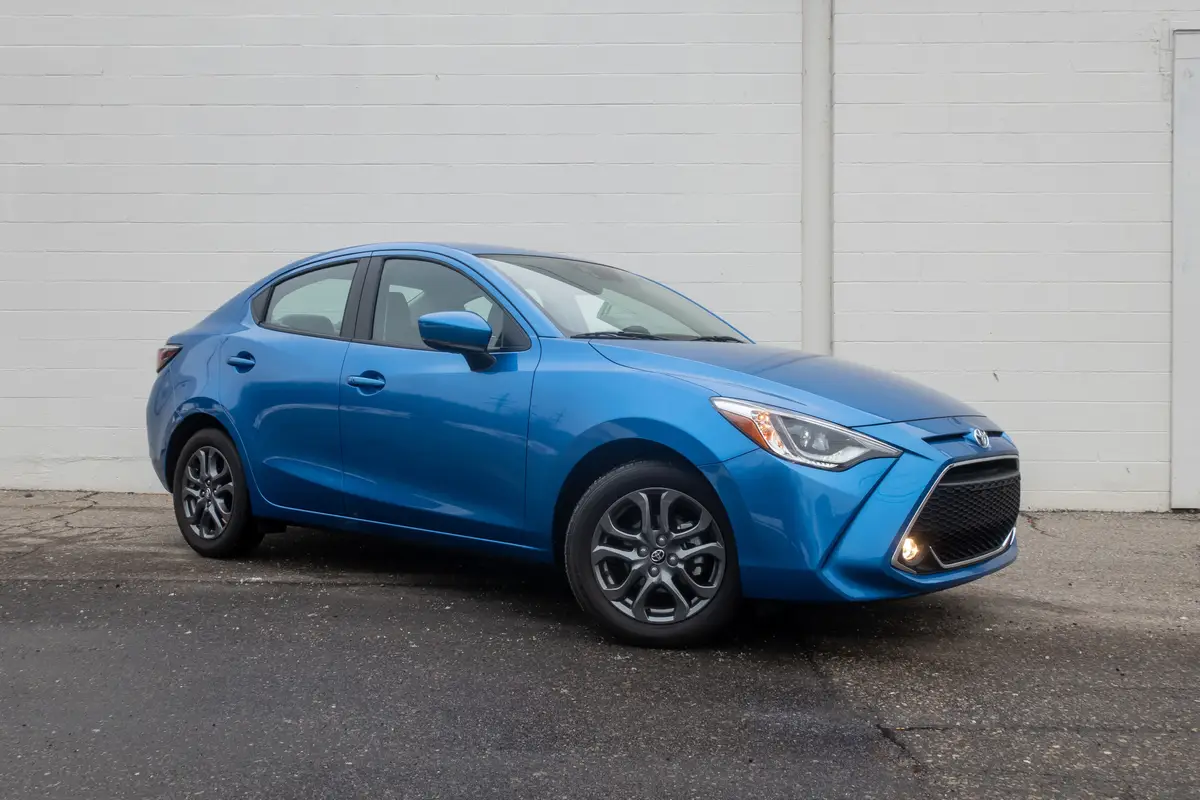
The latest Toyota Yaris might look a little unusual if you’re familiar with how most Toyotas look these days. Simply put, it doesn’t look much like other Toyotas, and there’s a good reason for that: It’s not a Toyota.
Related: Here Are the 10 Cheapest New Cars You Can Buy Right Now
The Yaris’ history is a bit convoluted. The car it is today began life as a Mazda2, which was sold in the U.S. from 2011 to 2014. But not this specific version — Mazda sold only a hatchback version in the U.S., not a sedan. Toyota’s now defunct “youth brand” Scion sold the sedan version as the Scion iA for one model year, 2016, before the Scion brand was canned. The Toyota brand took on the car next, relabeling it the Yaris iA, before giving up on the suffix and calling it simply the Yaris when its own Toyota-designed Yaris hatchback was canceled for North America in 2020. Got all that?
TL, DR: The latest Yaris sedan and hatchback are reskinned versions of the global Mazda2 sedan and hatchback, built by Mazda for Toyota to sell in North America. And we are very, very happy for that, because given the hefty dose of Mazda DNA here, the new Yaris is not only super frugal, it’s also remarkably fun to drive, with a zippy engine, tight handling, responsive steering and a stylish interior.
No Denying Its Mazda DNA
Despite how it looks (which will strike you as either swoopy and cute or fish-faced and weird), the new Yaris sedan works quite well. It has a combination of frugality and fun that’s surprising and appealing.
The Yaris drives well so long as you don’t demand too much out of the powertrain. The engine is a 1.5-liter naturally aspirated four-cylinder featuring Mazda’s SkyActiv-G engine design and a higher-than-usual compression ratio of 12 to 1. It makes only 106 horsepower and 103 pounds-feet of torque, and it’s mated to either a standard six-speed manual transmission or an optional six-speed automatic, which my car featured. Despite the modest power output, the Yaris is reasonably peppy at lower speeds, but you’re going to need to plan your highway on-ramp accelerations in advance, and passing on a two-lane road is not advisable.
Where the Mazda DNA really shines through is in how the Yaris handles. It has tight, responsive steering that makes the car feel lively and tossable, with excellent feedback and progressive understeer that makes it predictable and fun. The ride is surprisingly well controlled, though there is some pronounced body roll when you start seriously chucking it through turns. The skinny tires also don’t do much for grip, but you can feel that the bones of the thing are solid. Strong winds tend to toss it around on the highway, yet it’s reasonably stable and stress-free at highway speeds.
Quiet, however, it is not. Wind and road noise are pronounced; another staffer who drove the car believed the backseat and trunk were a significant source of that noise. Sound insulation, of course, would add weight, and weight is the enemy of fuel economy — and at the end of the day, fuel economy and, more broadly, frugality are really the whole point of the Yaris.
The Efficiency Is Real
The 2020 Toyota Yaris’ super-efficient engine, low weight and slippery aerodynamics help the automatic version earn a 32/40/35 mpg city/highway/combined rating from the EPA, but anecdotal evidence suggests it’s capable of much more. The car’s raison d’etre is to be an inexpensive commuter car, a value-packed highway cruiser capable of easy urban parking without relying on electrification or hybrid components. I’ve had personal experience with a friend’s 2016 Scion-branded model that routinely gets north of 50 mpg on a 60-mile daily highway commute from the suburbs to downtown Detroit, so I was curious to see how a nearly identical 2020 model stacked up.
My testing showed the Yaris consumed 4.77 gallons of gasoline over a 203-mile mixed highway-and-urban test loop around Southeast Michigan, giving it an as-tested consumption of 42.6 mpg. That was slightly less than the onboard trip computer’s calculation of 43.6 mpg, but close enough to be within a reasonable margin of error. It’s not quite the 50 mpg I’ve seen other Yaris/Scion iA vehicles get, but windy weather during the test easily explains the discrepancy. Even at 42.6 mpg, it still handily beats the official EPA rating of 35 mpg combined — and does so with surprisingly enjoyable performance.
In comparison, other entry-level subcompact models from Nissan, Hyundai and Honda have roughly comparable EPA ratings. The Nissan Versa, with its 1.6-liter four-cylinder engine and continuously variable automatic transmission, matches the Yaris exactly with a 32/40/35 mpg rating, while the Hyundai Accent and its own 1.6-liter engine and CVT is rated a little better, at 33/41/36 mpg. Honda’s cavernous Fit is available only as a hatchback in the U.S., featuring a smaller 1.5-liter engine and CVT, and it’s rated 33/40/36 mpg in its base LX trim. The thing to note here is that all of the Yaris’ competitors outgun it in the engine department by at least 14 hp and 10 pounds-feet of torque, but they’re all also bigger, heavier cars.
Dimensions: Looks Small, Feels Small, Is Small
The Yaris is a tight little car, but for two people up front, it’s perfectly accommodating, with a surprisingly sizable trunk. Outward visibility is excellent, everything inside is within easy reach and Toyota spiffed up the interior of the top trim with passable fake leather and contrast stitching. It’s not a big car by any stretch of the imagination, however, and you’ll feel that in the narrowness of the front seats and the dearth of legroom in back. If front occupants aren’t stingy about giving up some of their legroom, everyone in the car will be equally uncomfortable, but it’s not an intolerable amount of room. Headroom in back is decent thanks to relatively upright windows. Compared with the Versa, Accent and Fit, the Yaris is smaller, with only 86 cubic feet of passenger room on the inside, compared with 89 cubic feet for the Versa, 90 for the Accent and 96 for the spacious Fit.
The Yaris features an acceptable level of onboard technology for a car in this price class. Apple CarPlay and Android Auto now make an appearance on the touchscreen, but, infuriatingly, the touchscreen doesn’t work if the car is moving, forcing you to use a Mazda-sourced rotary controller down between the seats on the center console, inexplicably adding a distracting step to what would otherwise have been a simple-to-use system. There’s a fuel economy screen for monitoring exactly how you’re performing in your daily commute — fun for the data nerds among us who get their kicks logging and tracking that kind of thing.
There’s a decent amount of cargo space in the trunk, with the Yaris sedan bringing 13.5 cubic feet of trunk space. That’s comparable to the Accent’s 13.7 cubic feet, but both fall short of the Versa’s 15.0 cubic feet. The Fit has 16.6 cubic feet, expandable to a much larger area given it’s a hatchback, but its volume spec doesn’t compare directly with a trunk measurement, as we’ve reported. The Yaris’ fold-down seats help expand its cargo area for larger items, and it seems like a perfectly usable trunk for a large suitcase or even a decent haul from Costco.
Safety Ratings Are Good, Equipment Isn’t as Competitive
While this isn’t an expensive car, there are two features in particular that used to set the Yaris apart from its competitors: standard low-speed collision alert with autonomous braking, and rain-sensing windshield wipers that come standard on the XLE trim. But the Nissan Versa has caught up and surpassed it, offering standard autonomous braking front and rear, standard lane departure warning and automatic high beams, and available blind spot warning. The Honda Fit can go even beyond that with its available Honda Sensing suite of technologies that adds lane keep assist.
Should the systems all fail and you actually do crash your Yaris, you’ll actually be well protected, according to the Insurance Institute for Highway Safety, which gave the Yaris a “good” rating across the board in all its crash tests, though it didn’t care much for the Yaris’ headlight performance, rating it “poor.” The National Highway Traffic Safety Administration concurred, awarding the Yaris sedan a five-star overall safety rating for collisions. Only the front passenger and rollover tests scored slightly lower four-star ratings.
More From Cars.com:
- What Are the 5 Cheapest Cars With Manual Transmissions for 2020?
- 2020 Toyota Yaris MPG: Can Frugal Be Fun?
- 2020 Toyota Yaris Hatch Is Cute Subcompact With Grown-Up Interior
- 2020 Nissan Versa Not the Cheapest New Car, But It’s a Helluva Better Value
- Shopping for a 2020 Toyota Yaris? Research One, Here
Price Won’t Break the Bank
While you won’t exactly get hybrid-level efficiency with a 2020 Yaris, you also won’t pay hybrid-level prices. With a base price of just $16,605 (all prices include destination fees), it’s one of the least expensive new cars on the market. The loaded Yaris XLE I drove, however, rang in at $20,479, which is a bit harder to swallow for a car this small given it starts to encroach upon alternatives like a 2-year-old, off-lease Honda Civic.
Competitors are all similarly priced, with the Nissan Versa starting $1,000 lower than the Yaris, at $15,655. The Hyundai Accent starts only slightly less, at $16,270, and the Fit comes in a bit pricier, at $17,145. All of these models also top out at roughly the same price — in the $20,000-$21,000 range — with the exception of the Honda Fit. If you’re pretty loose with the accessories selections, that car can be had with some performance-look add-ons that push its price into the $25,000 range.
The benefits of choosing a cheap new car over a slightly used older, larger and initially more expensive one generally have to do with warranty benefits and the general enjoyment of having something new that nobody’s put their grubby mitts on before. If solid efficiency and a new-car warranty are big priorities for you, the new 2020 Yaris Sedan is a smart choice.
Cars.com’s Editorial department is your source for automotive news and reviews. In line with Cars.com’s long-standing ethics policy, editors and reviewers don’t accept gifts or free trips from automakers. The Editorial department is independent of Cars.com’s advertising, sales and sponsored content departments.





























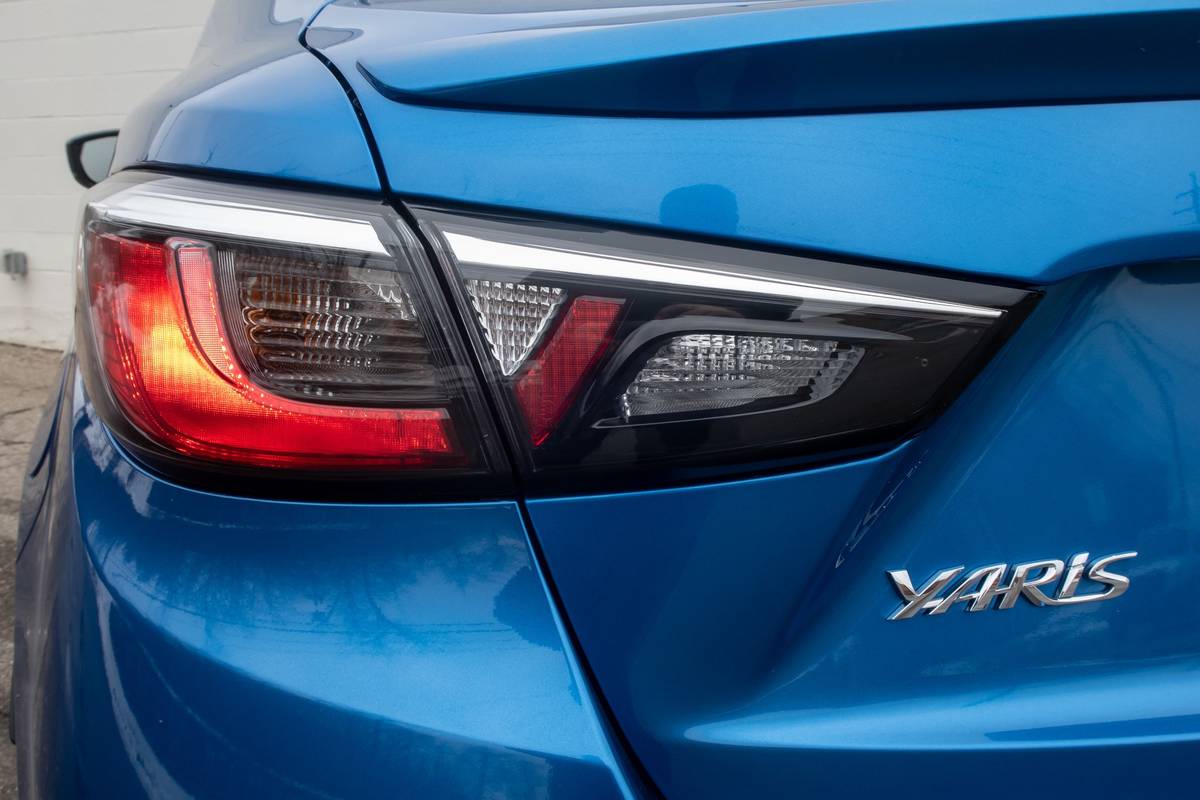
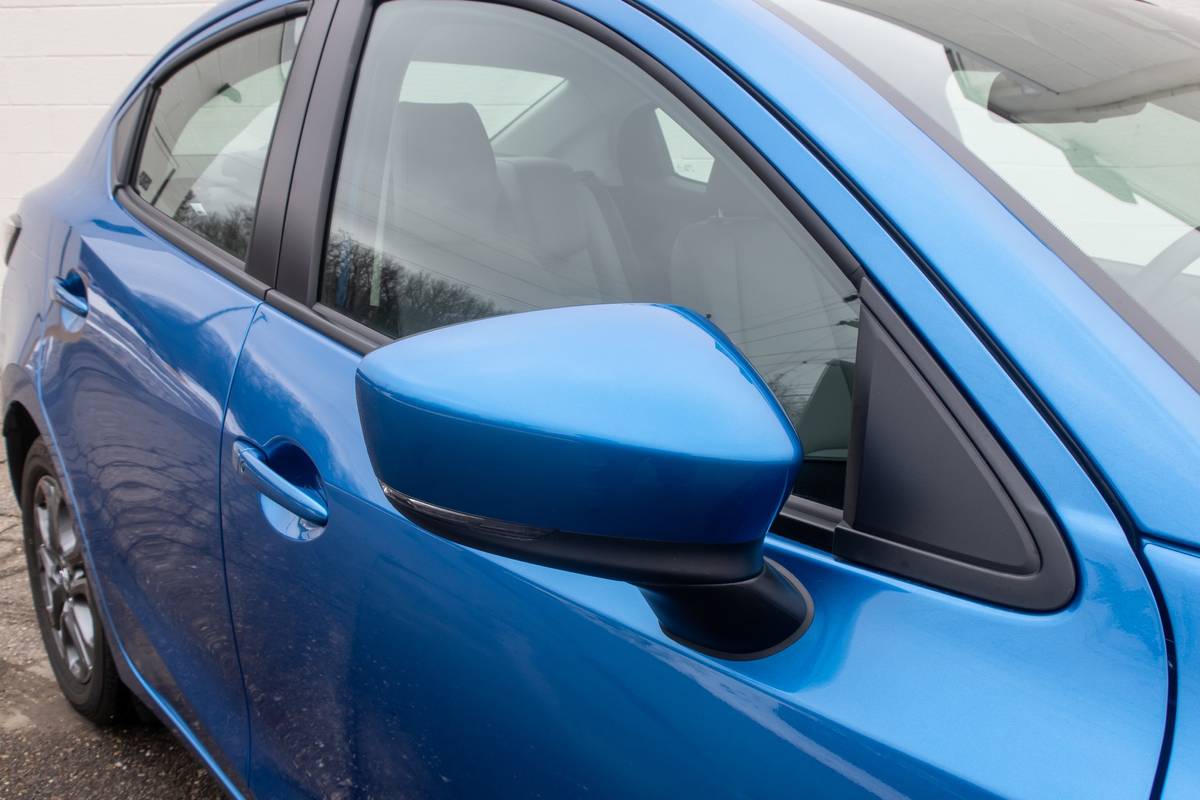
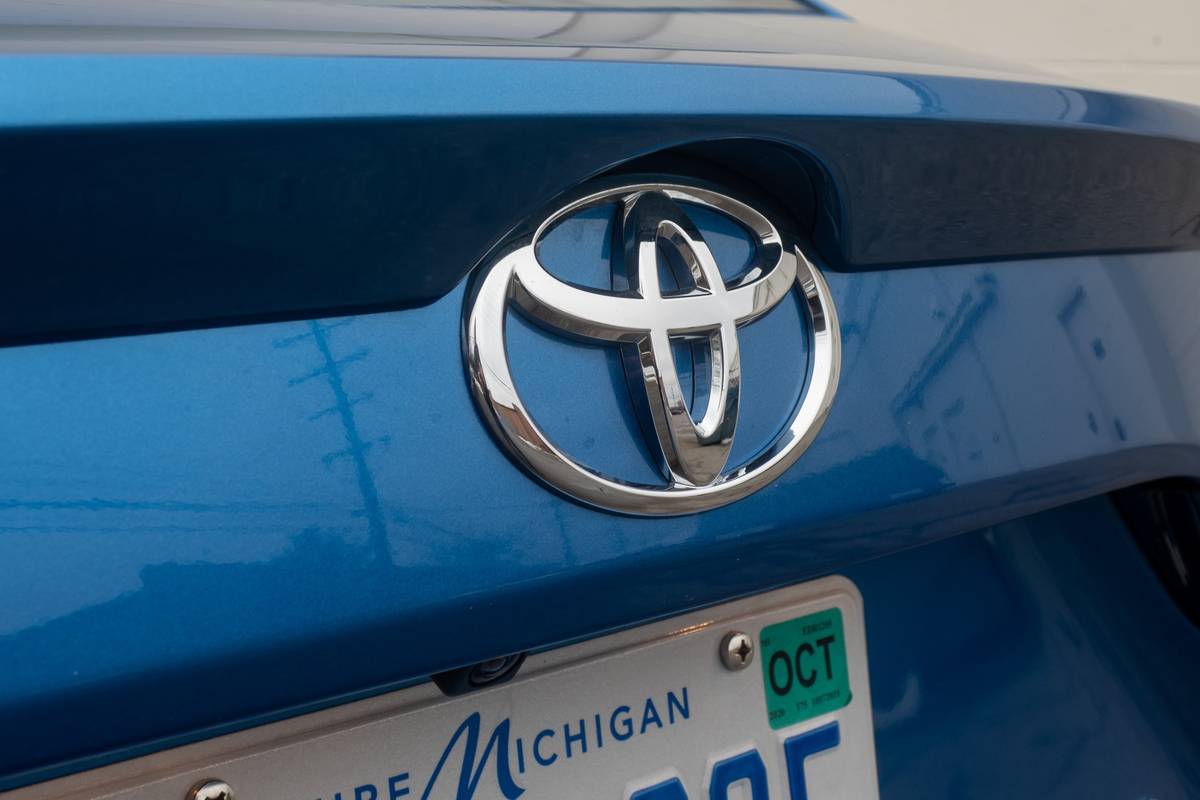
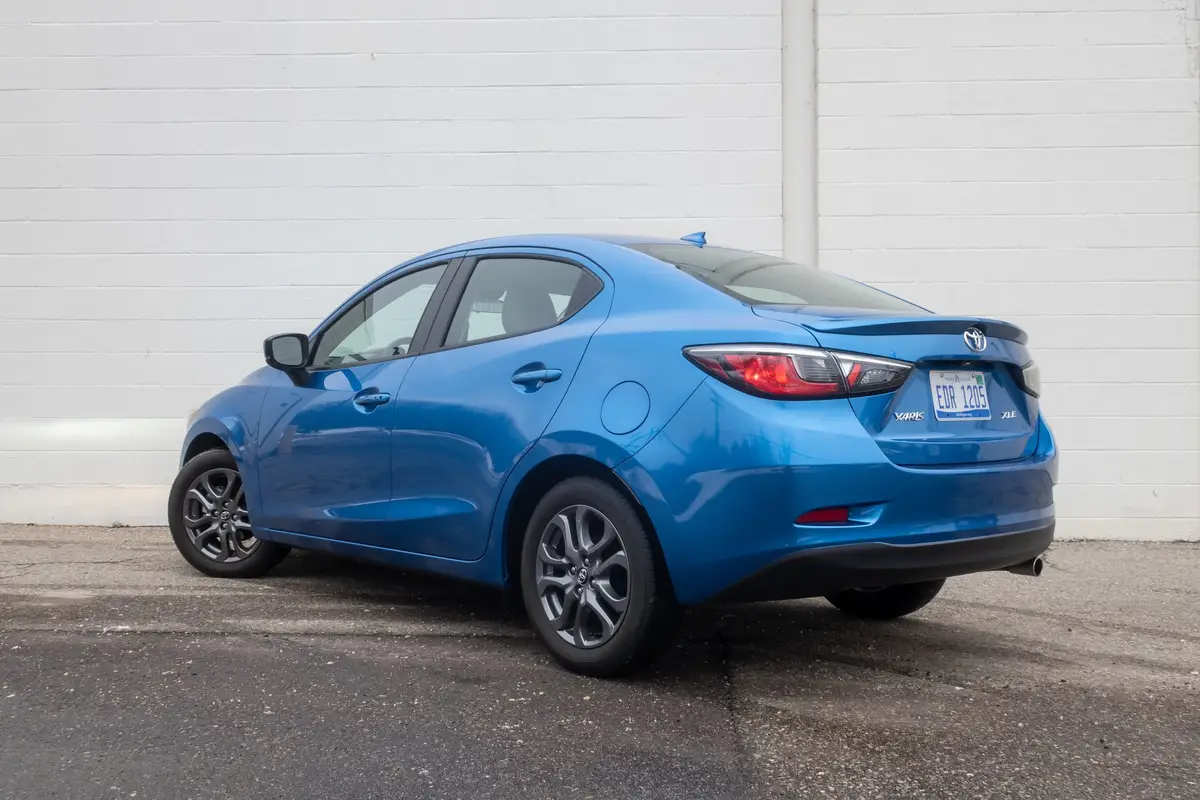
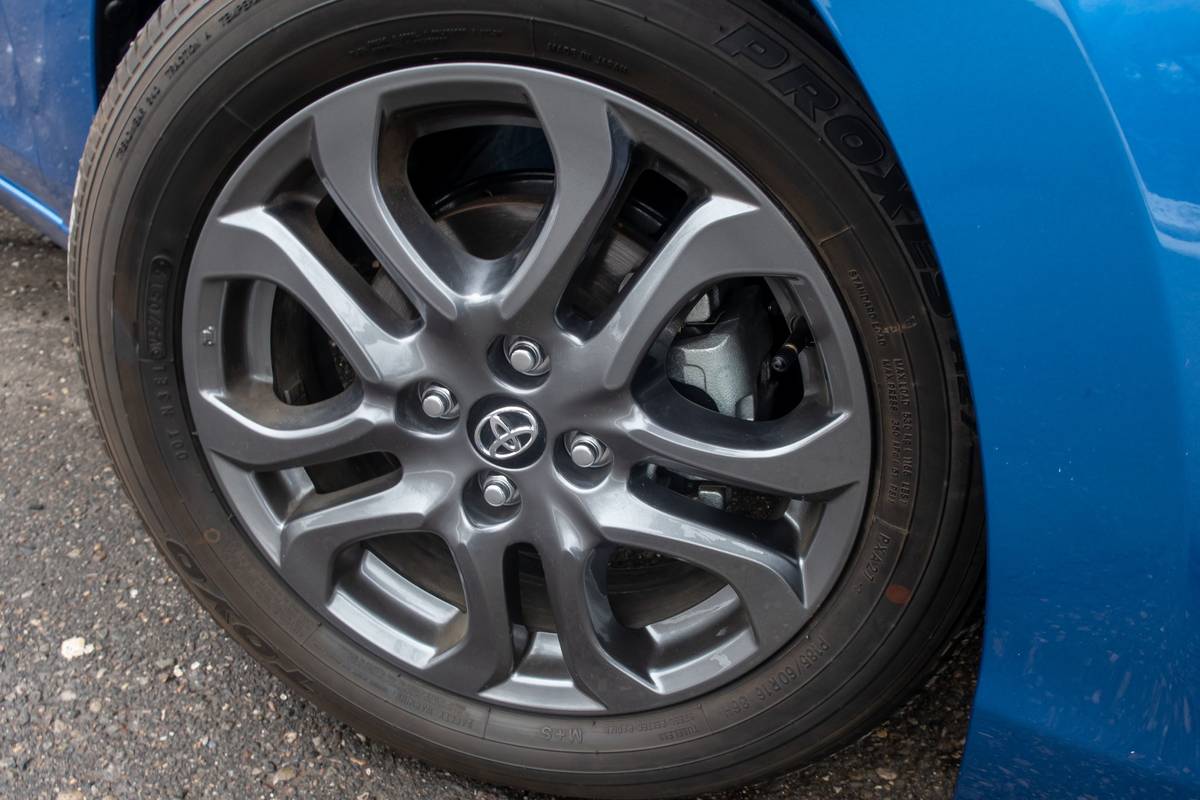
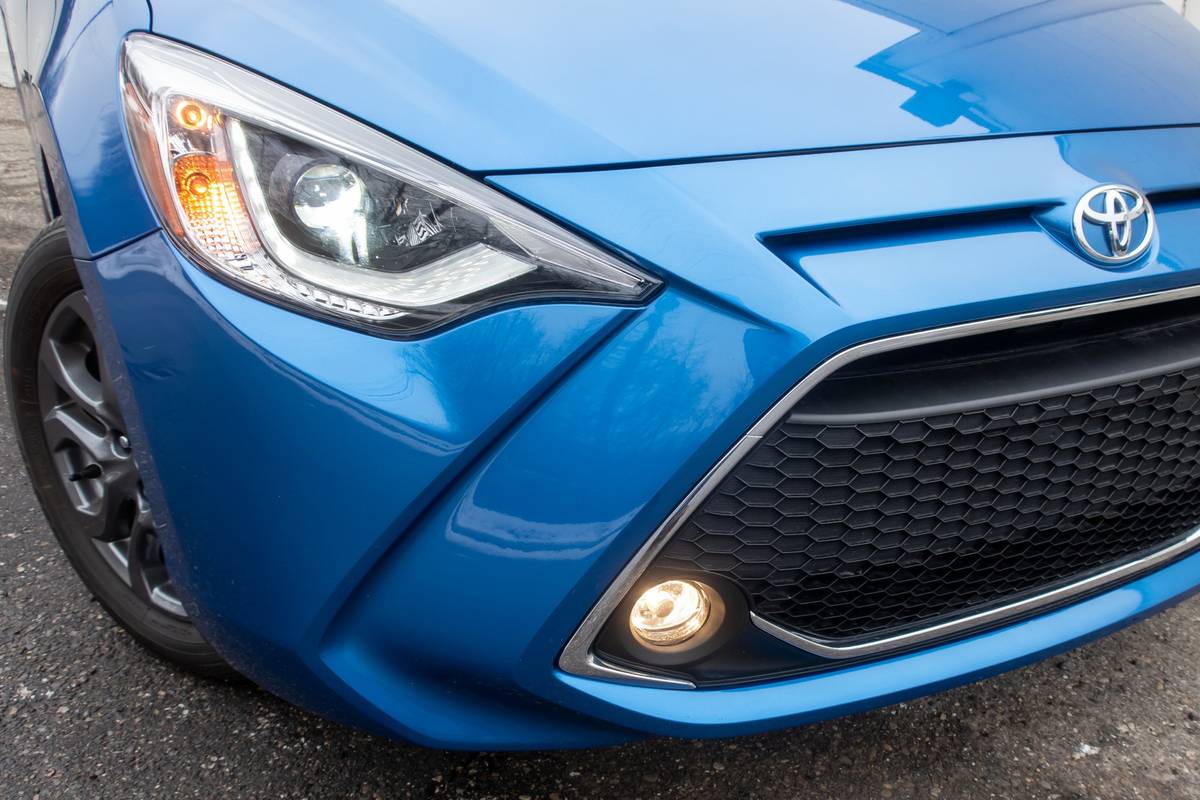
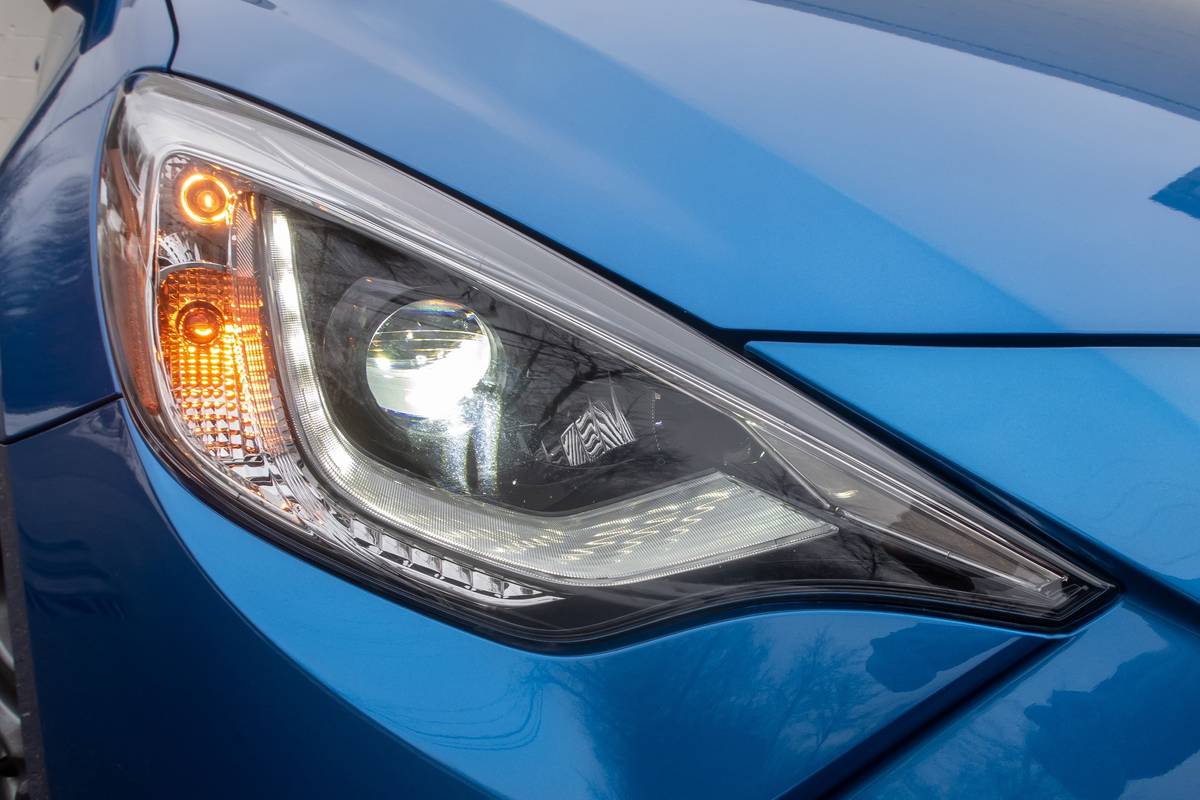
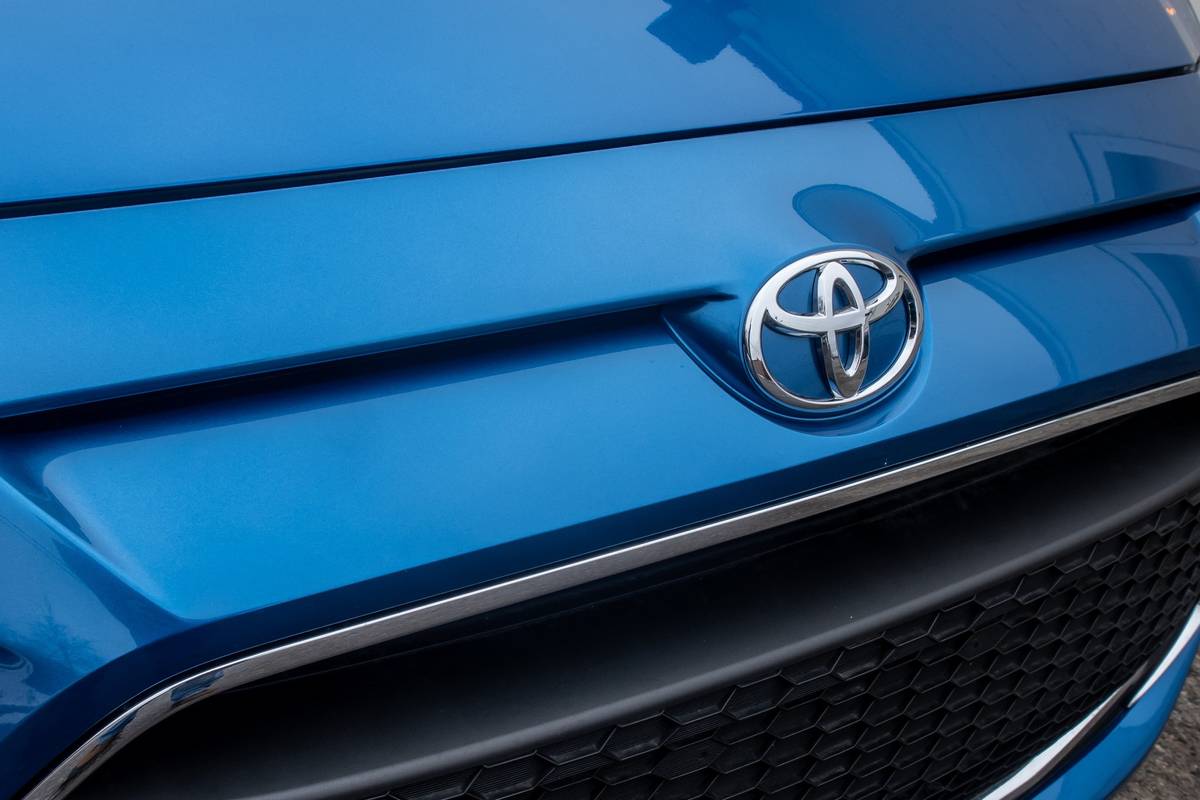
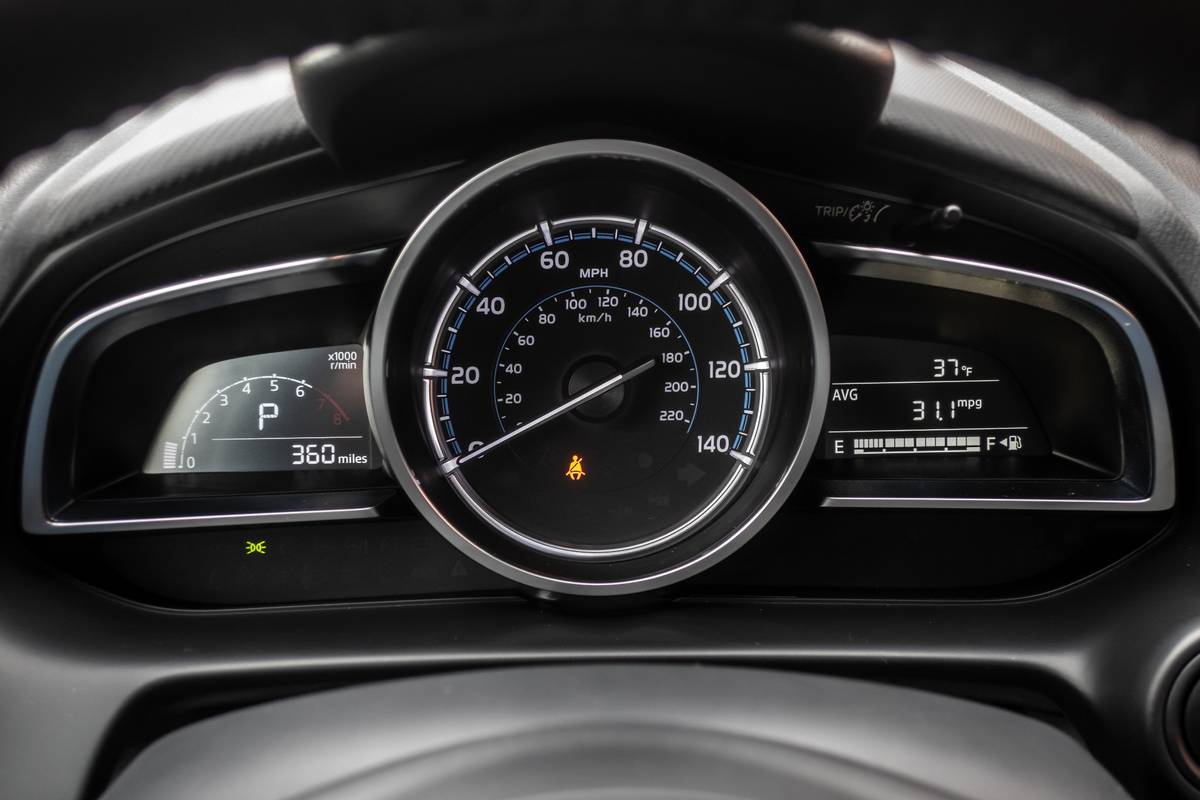
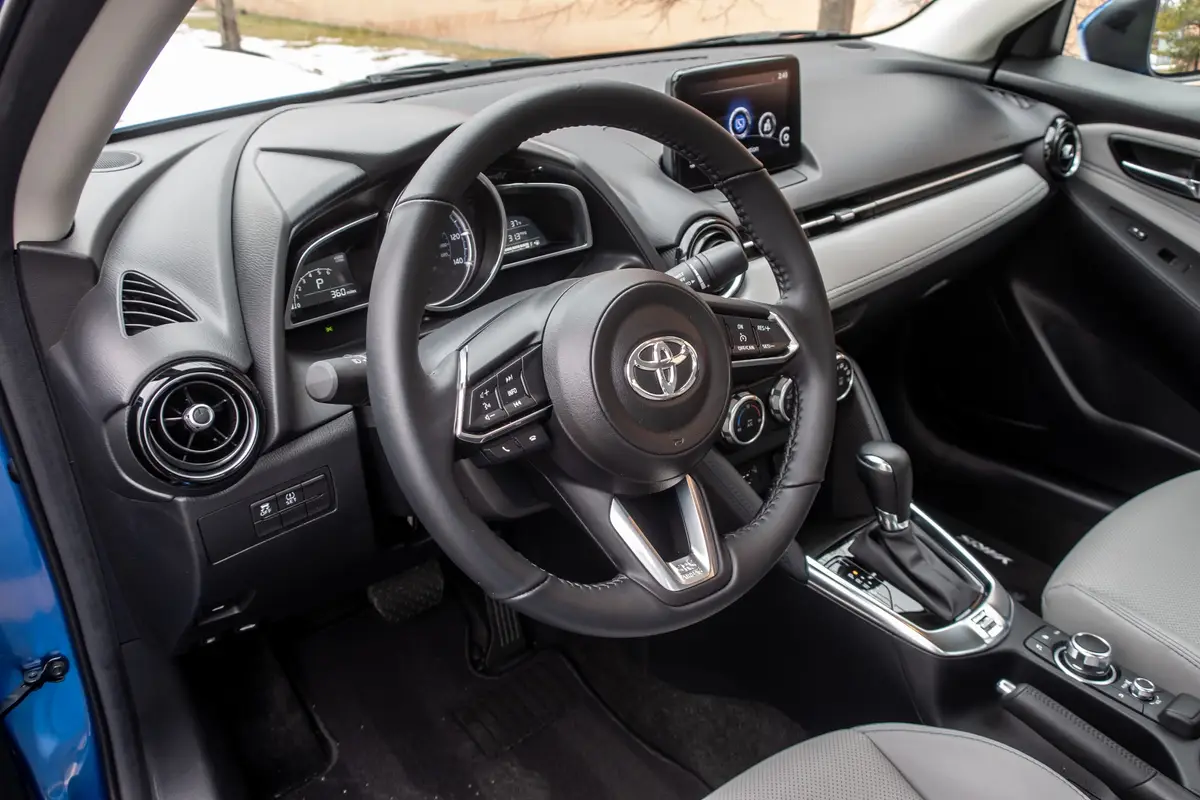
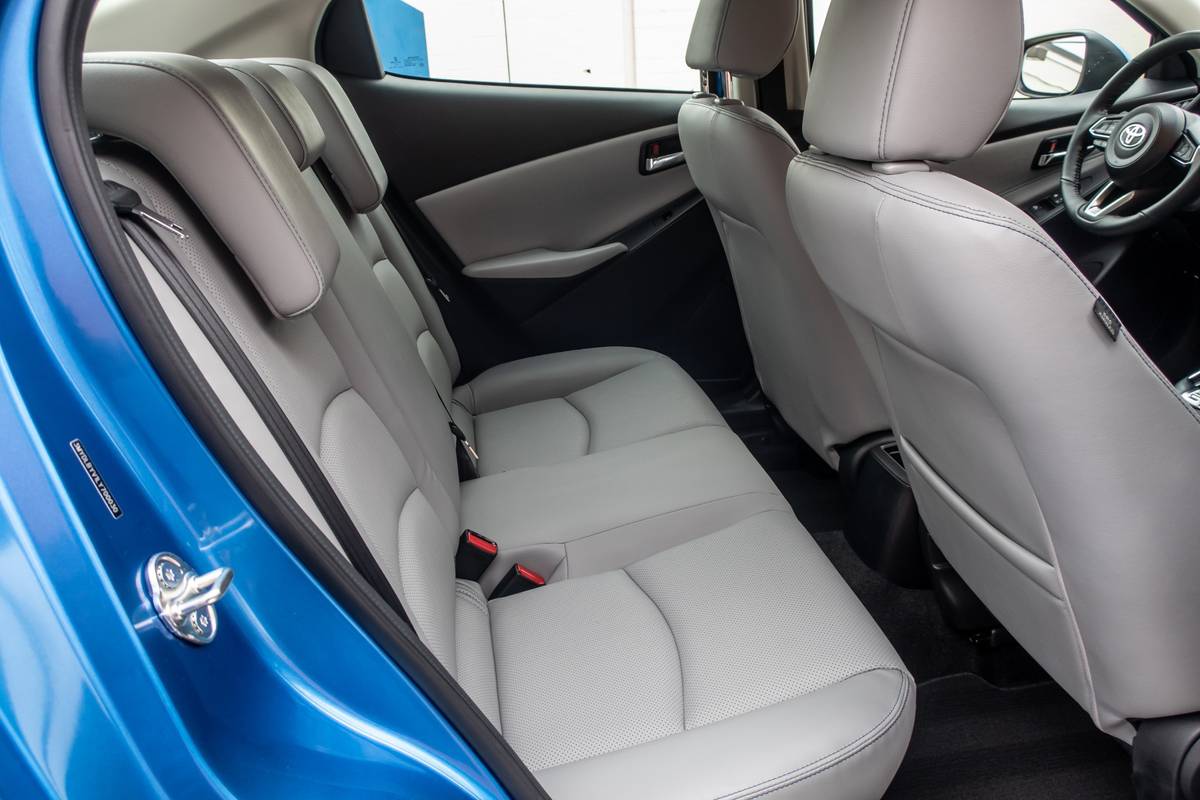

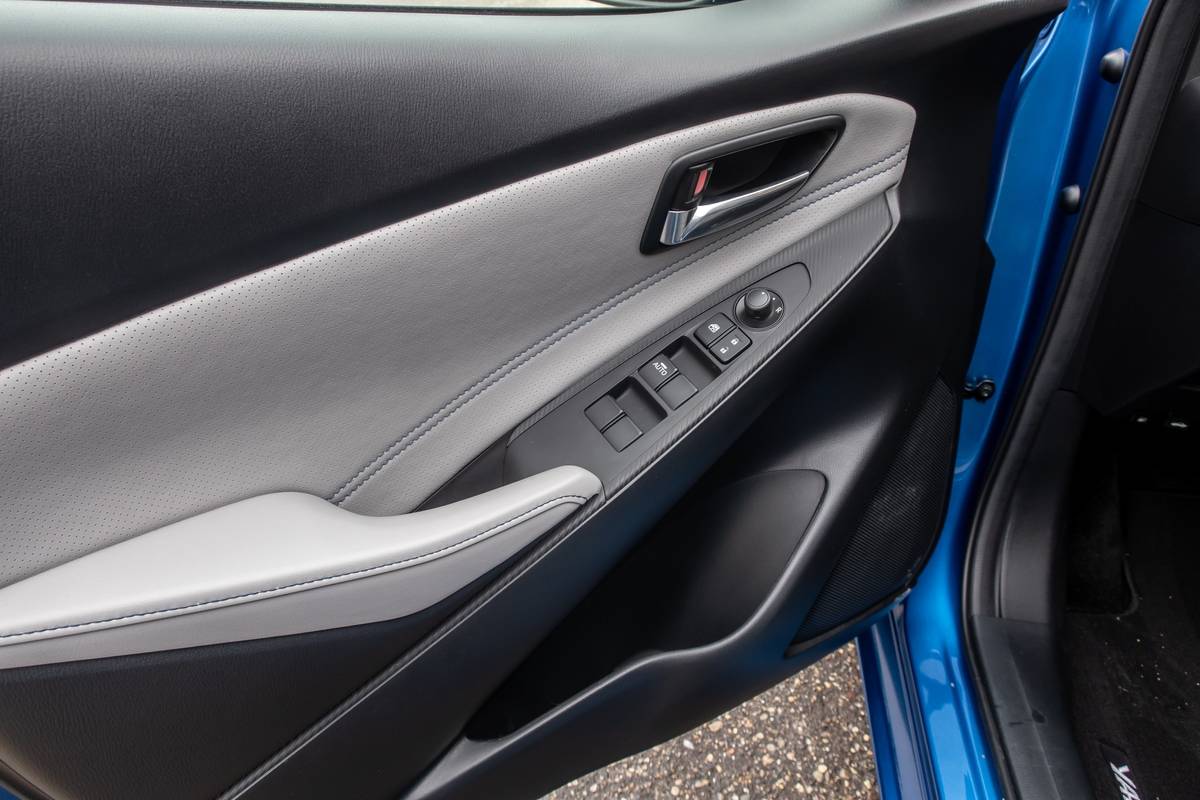
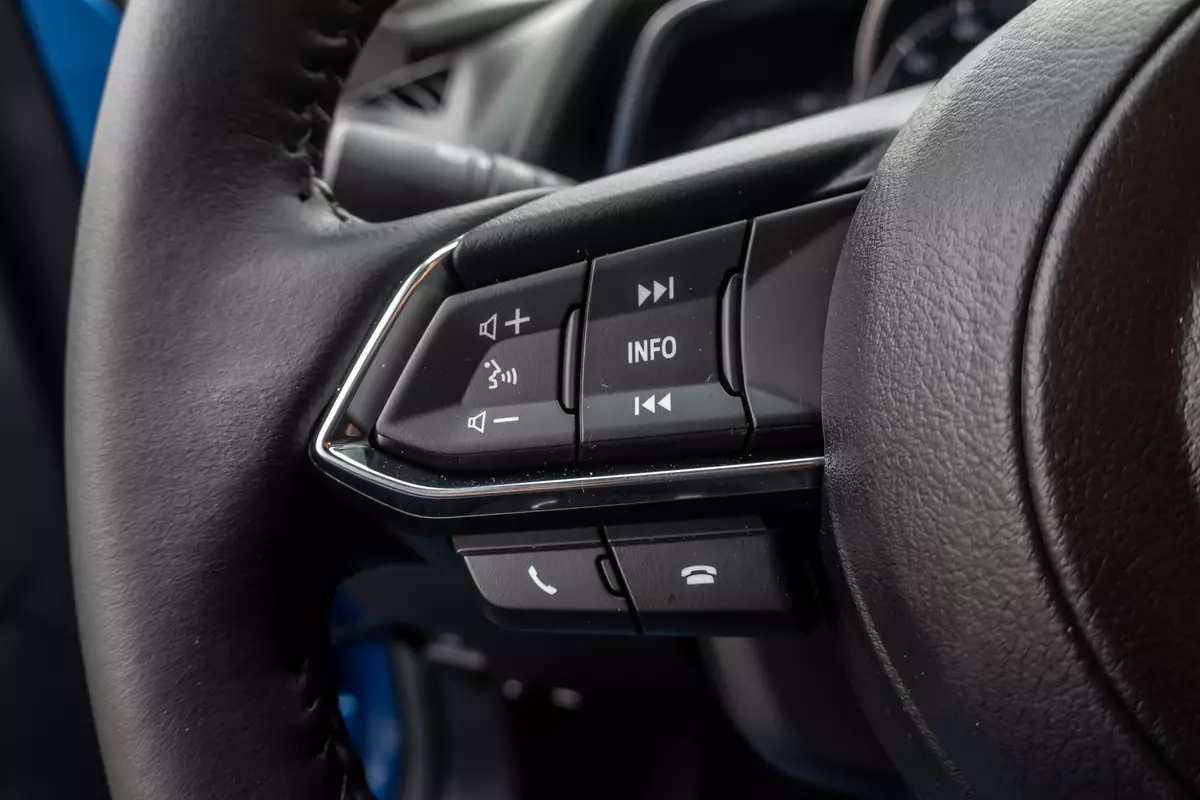
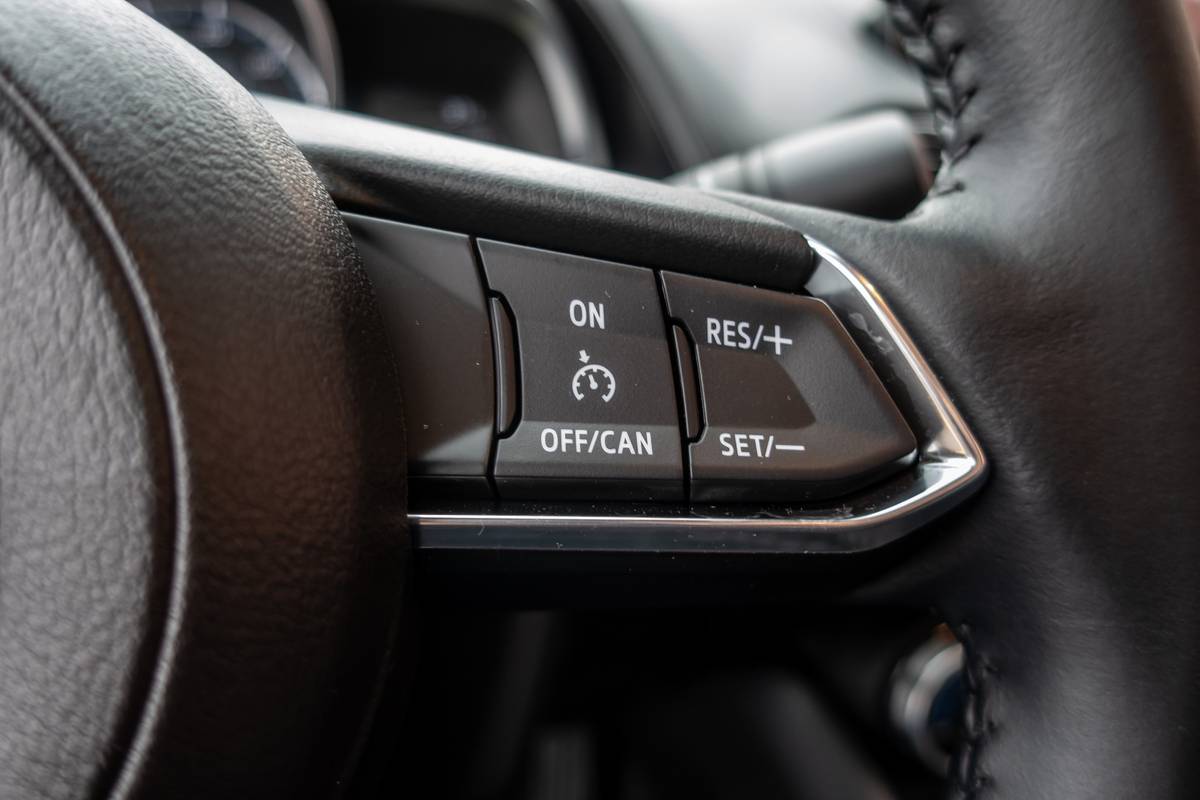
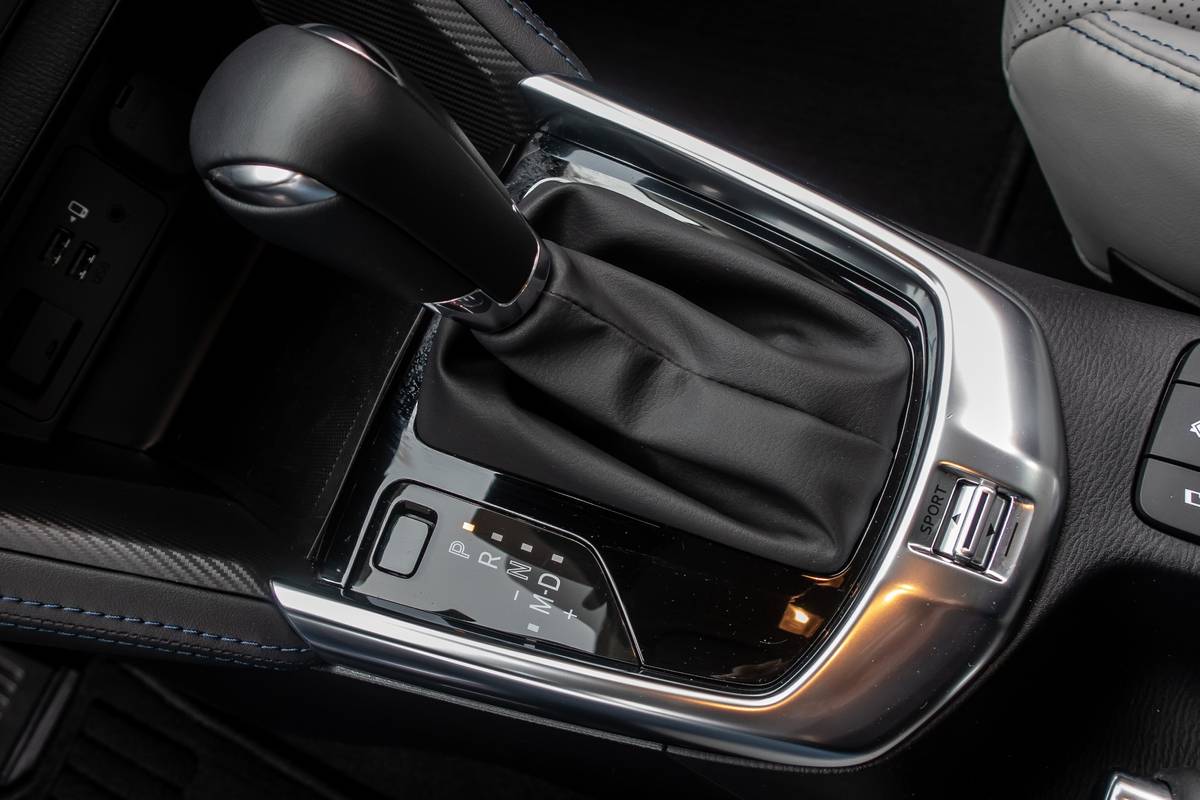

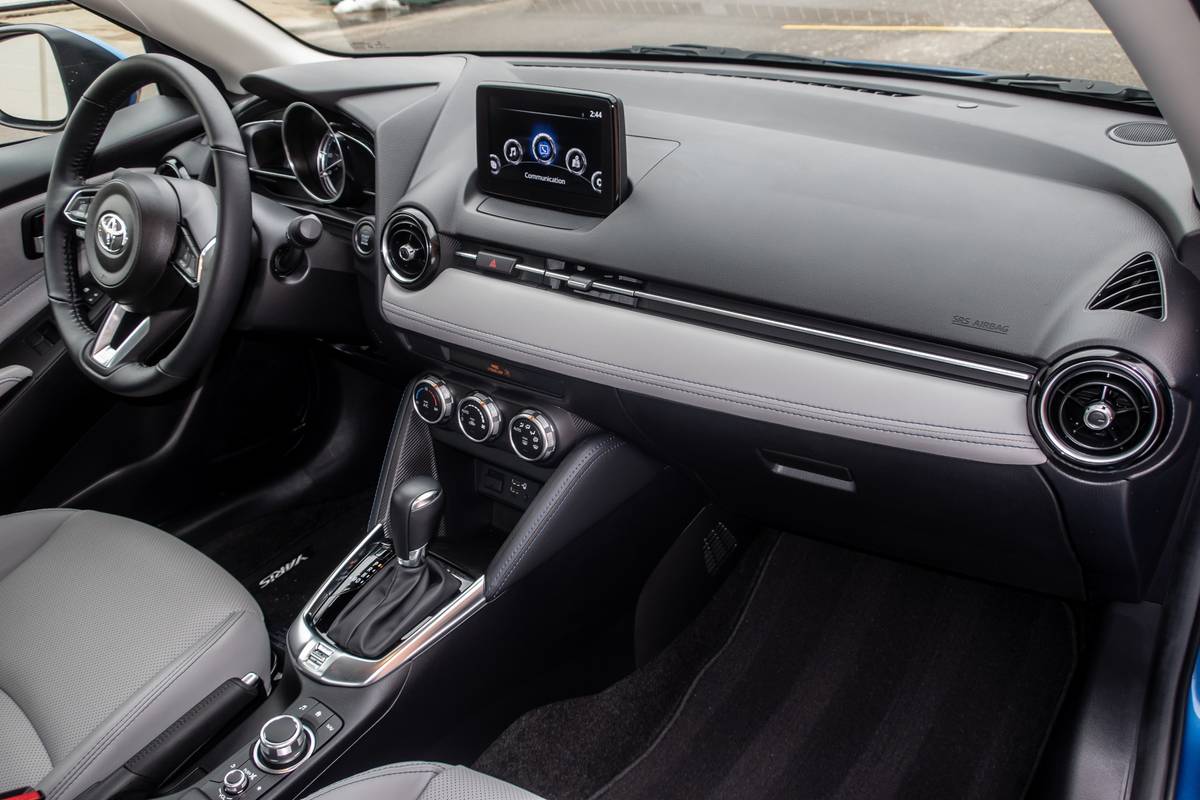
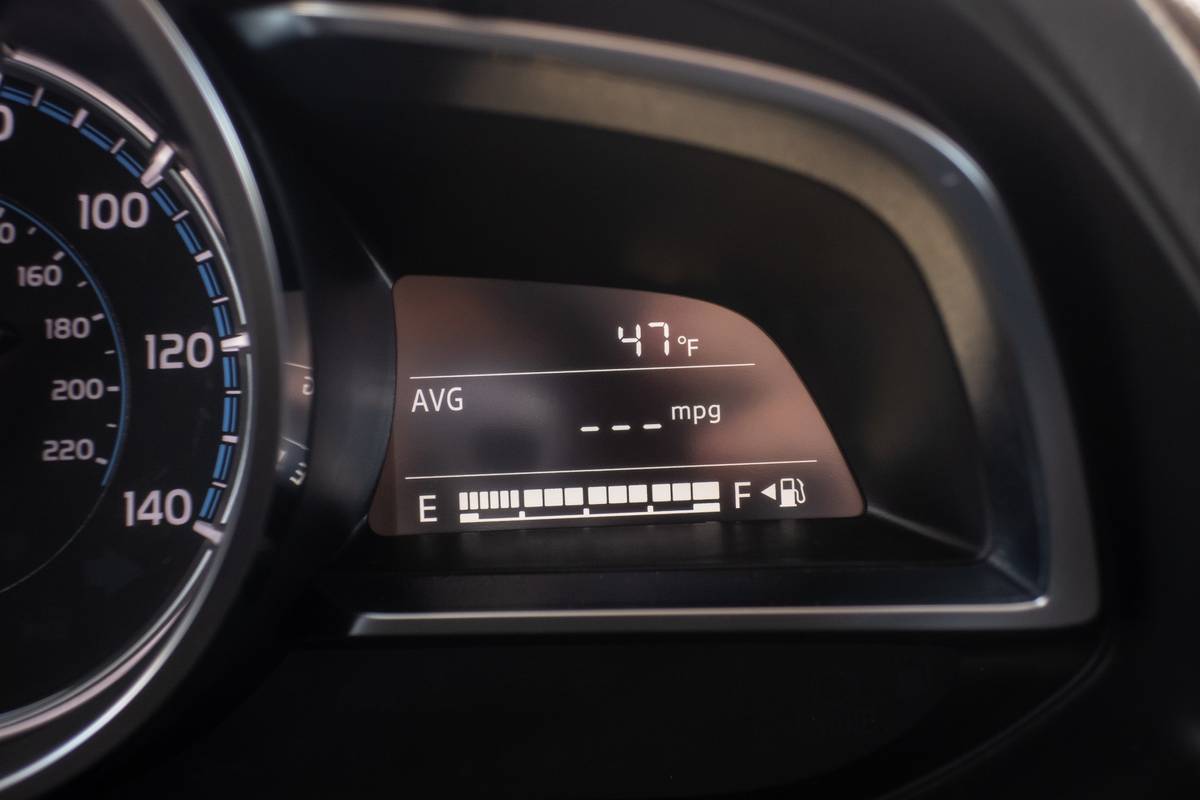
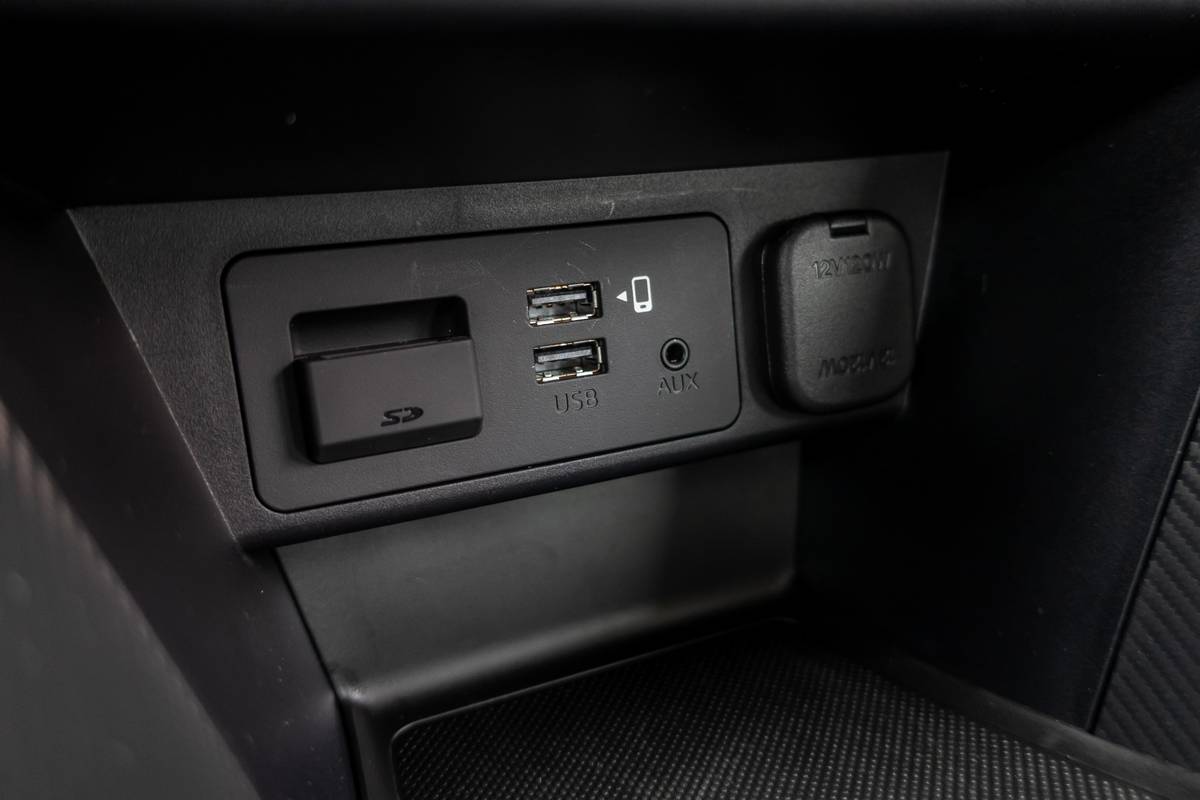
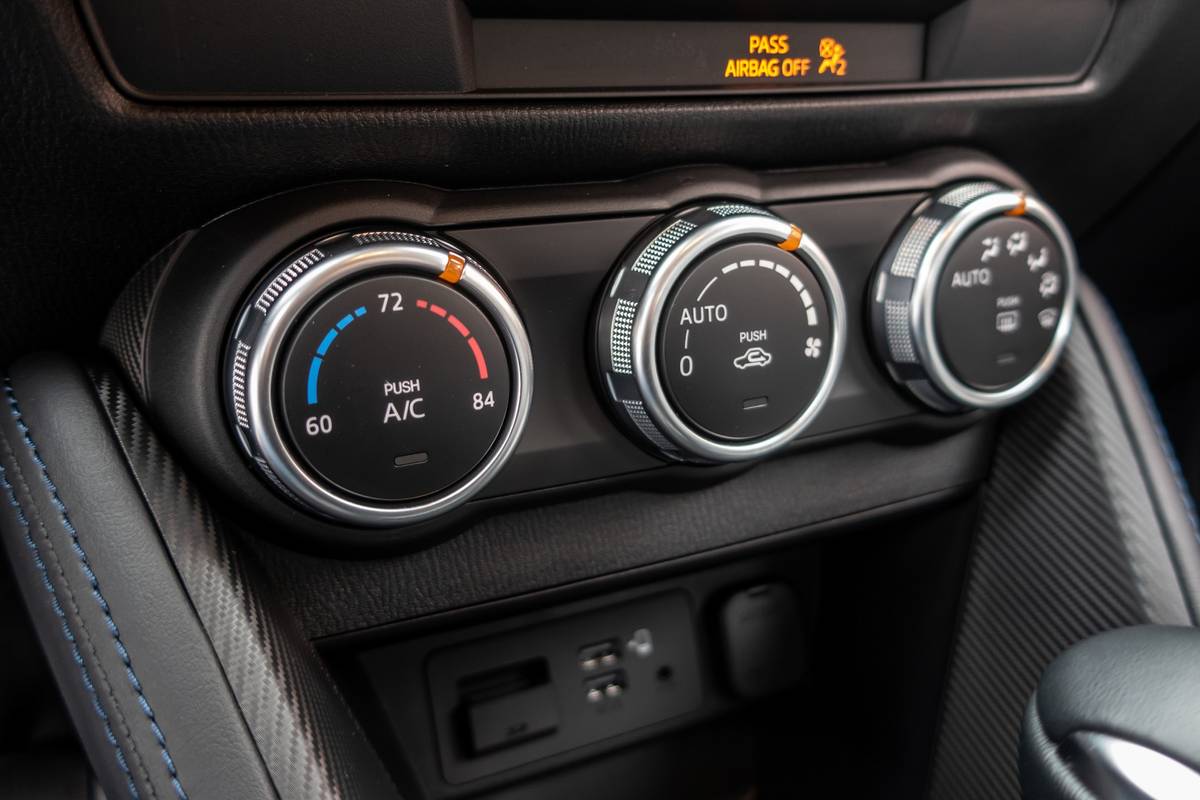
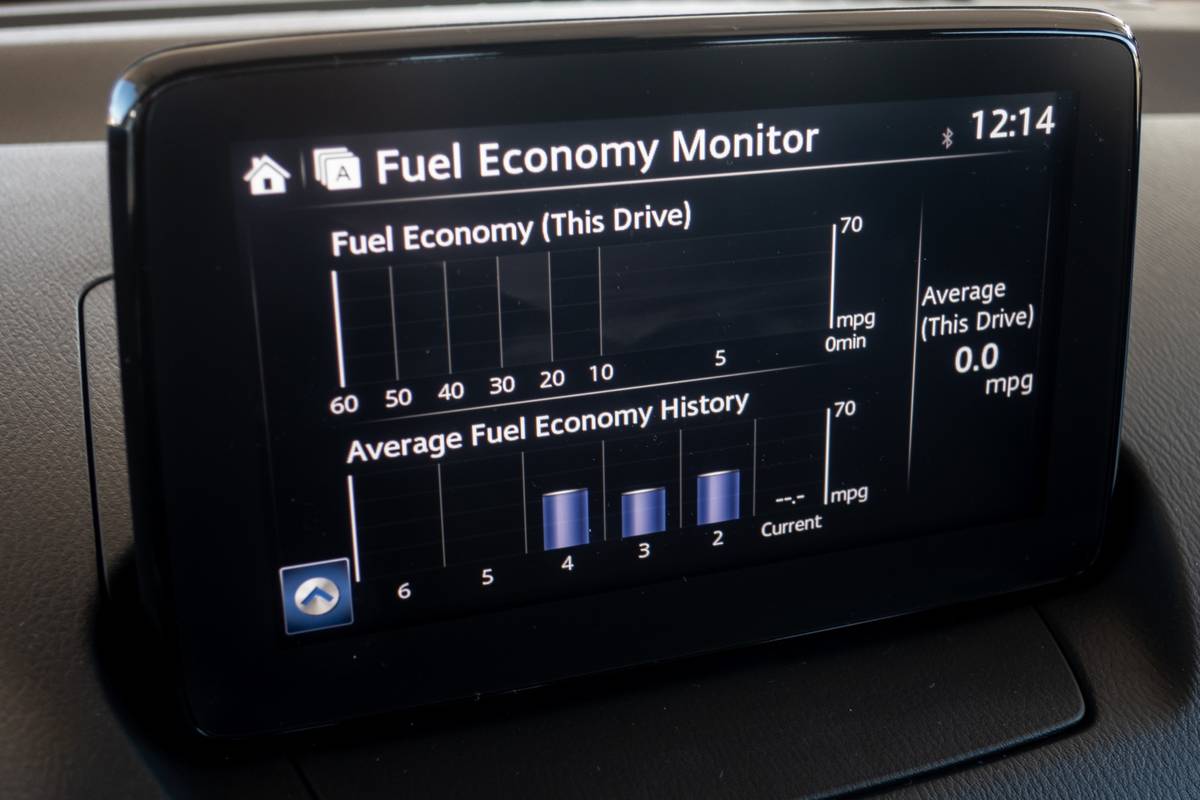
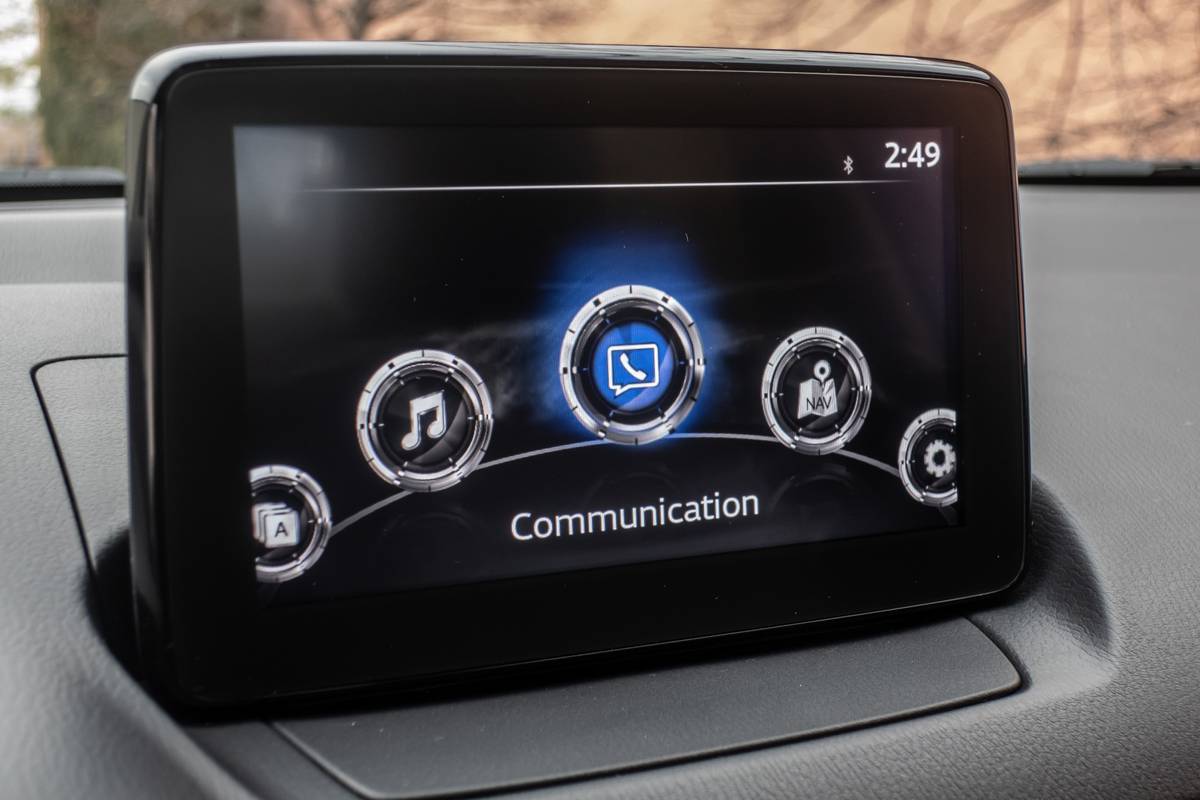
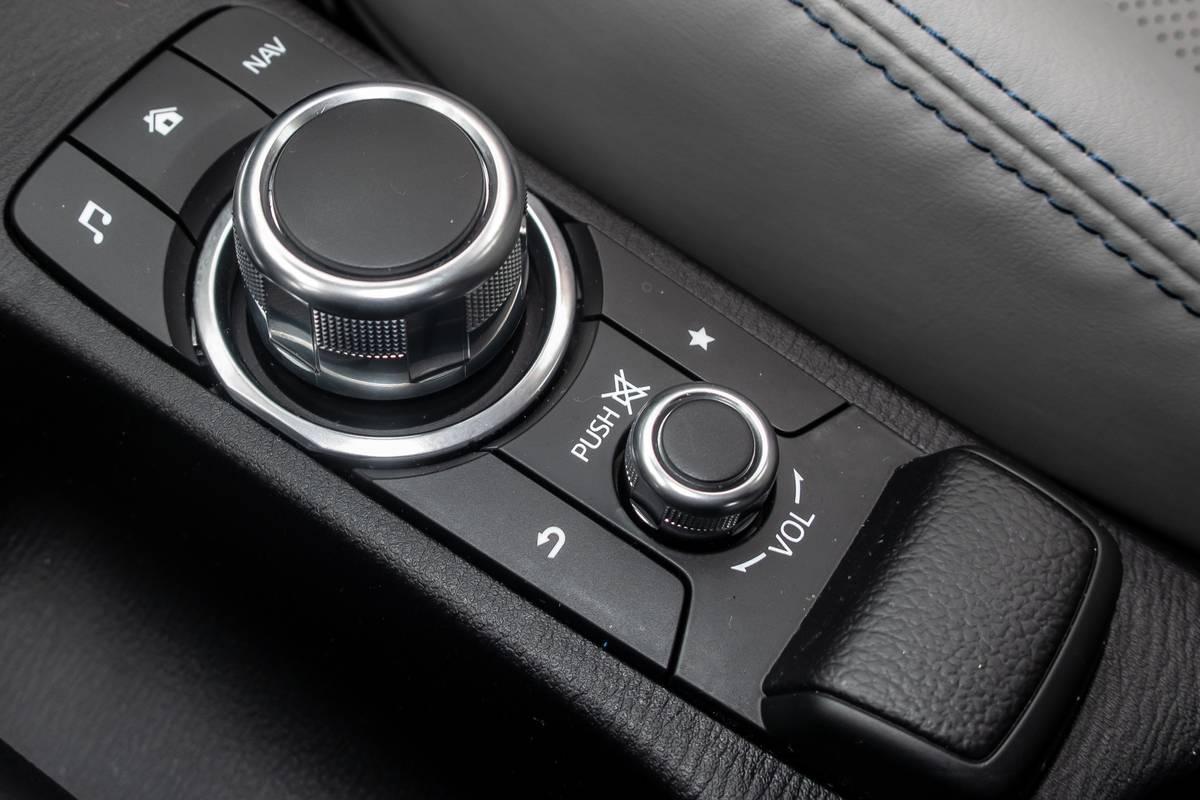
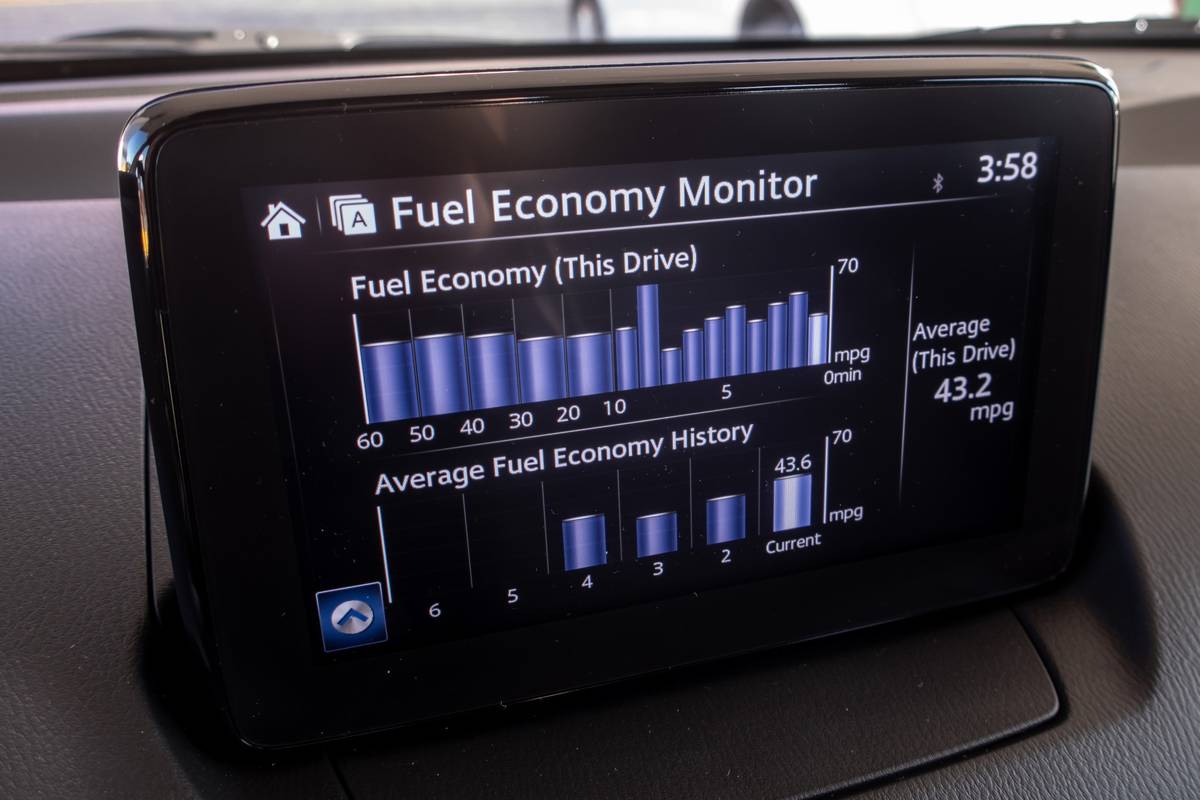
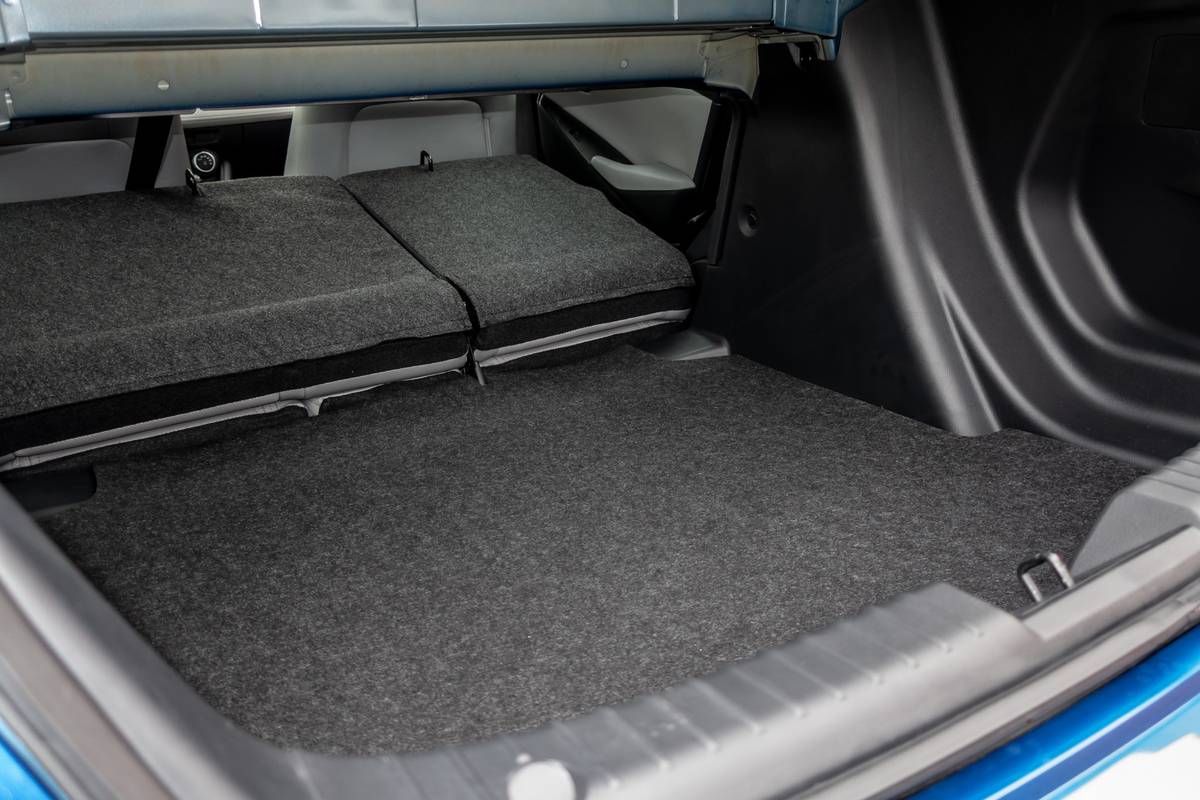
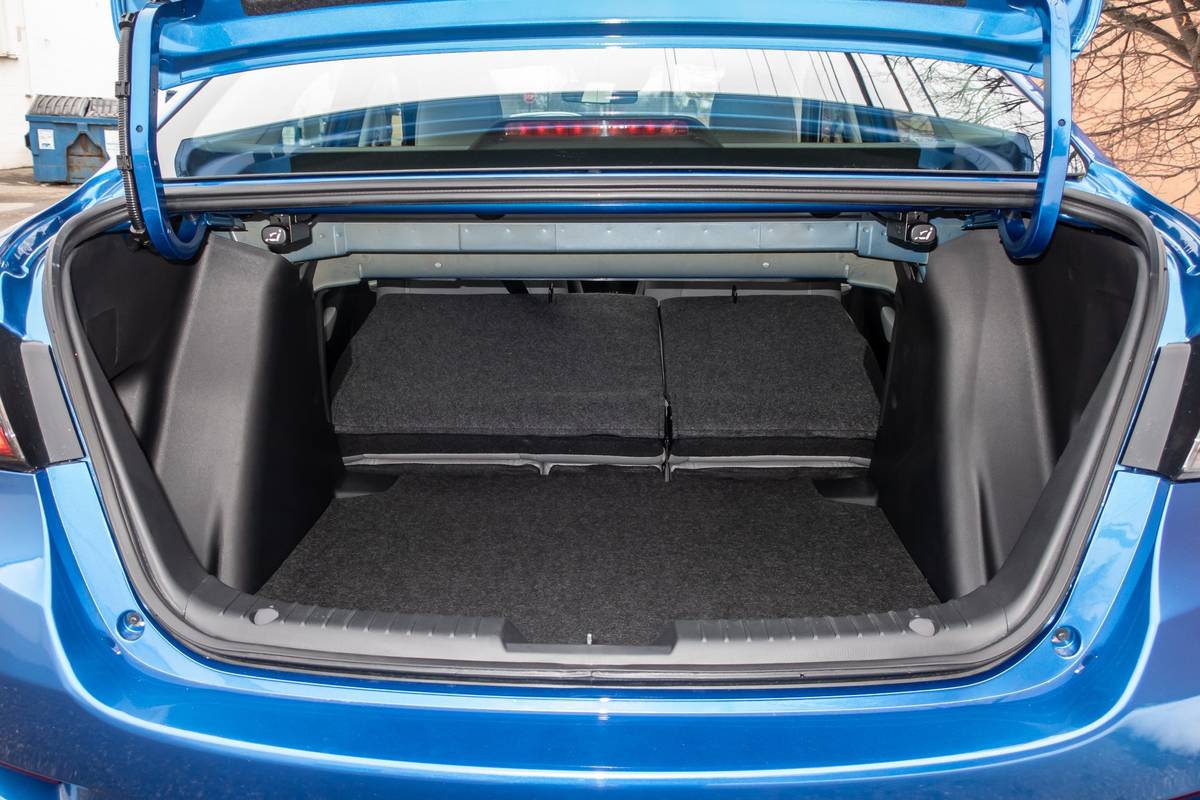
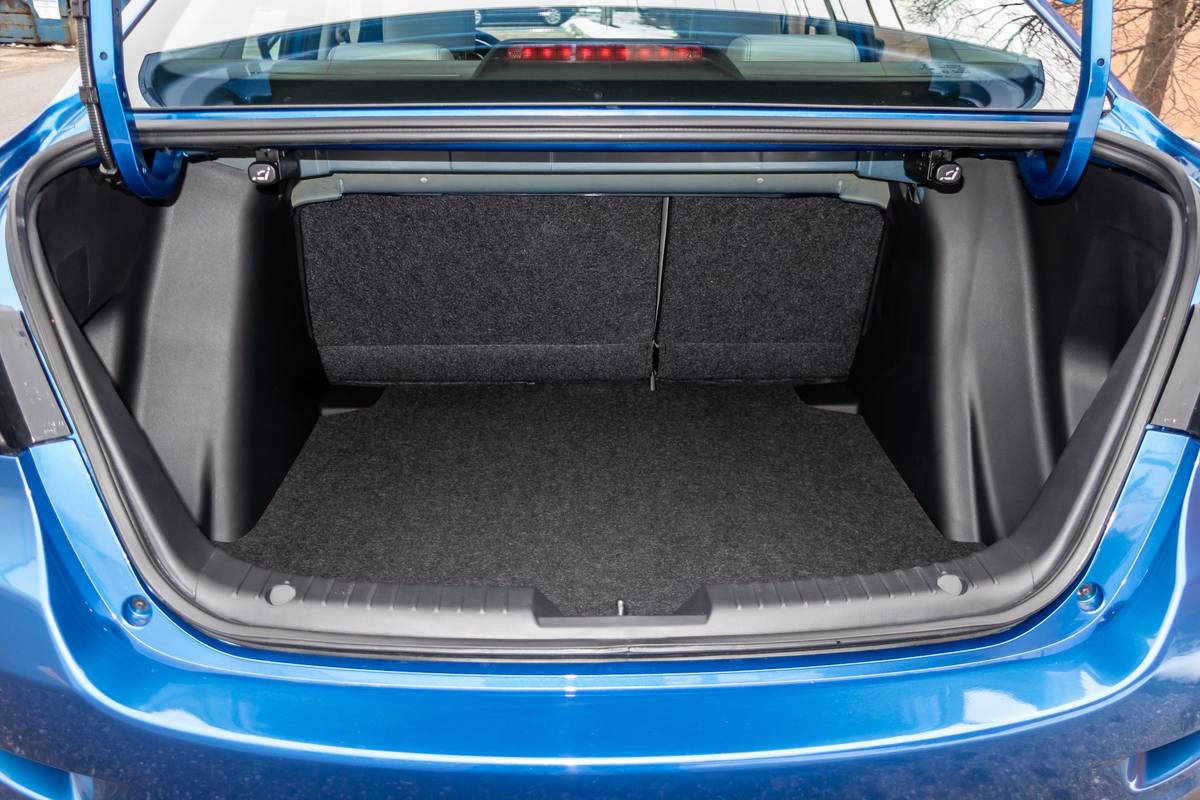
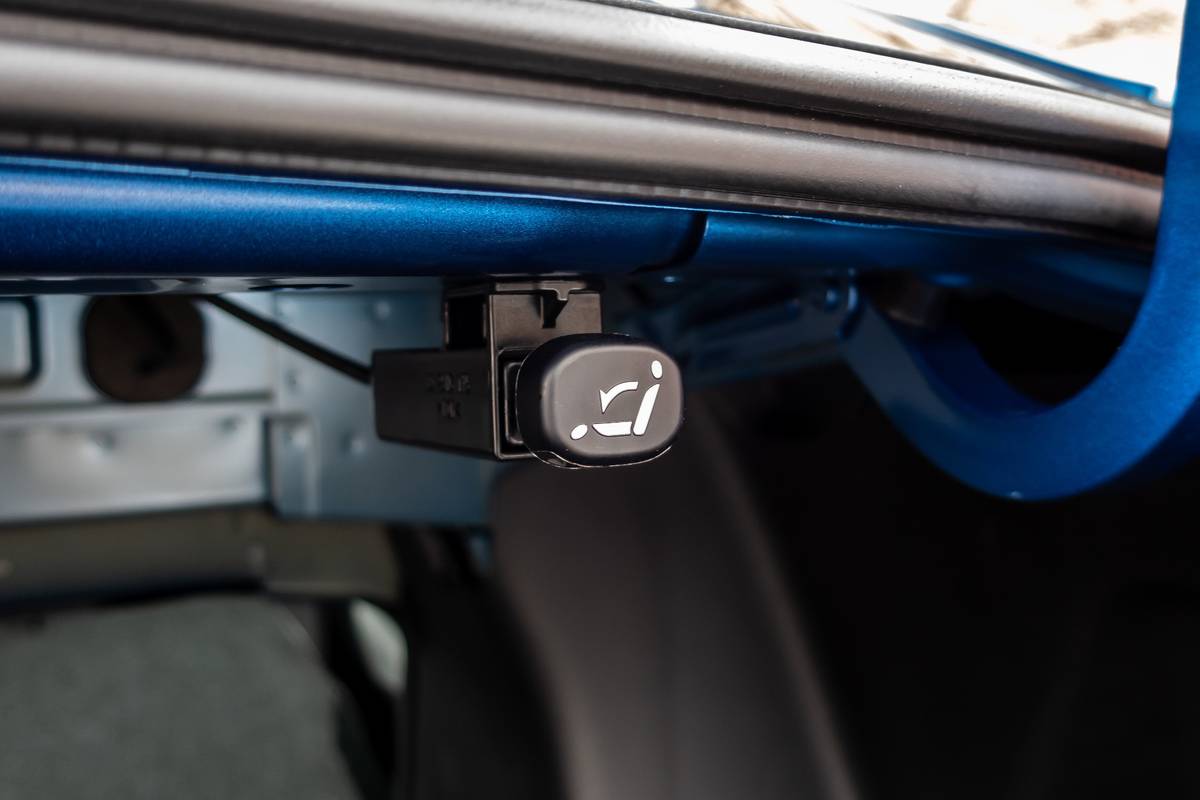










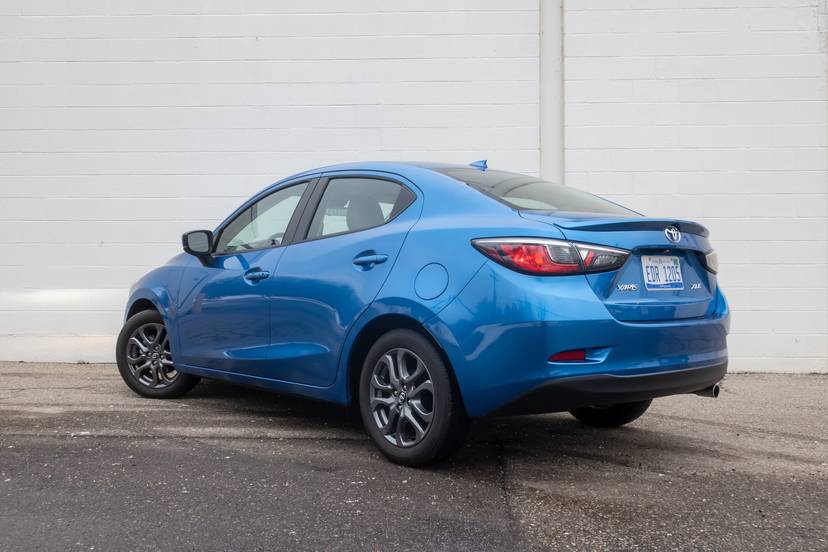

.png)


